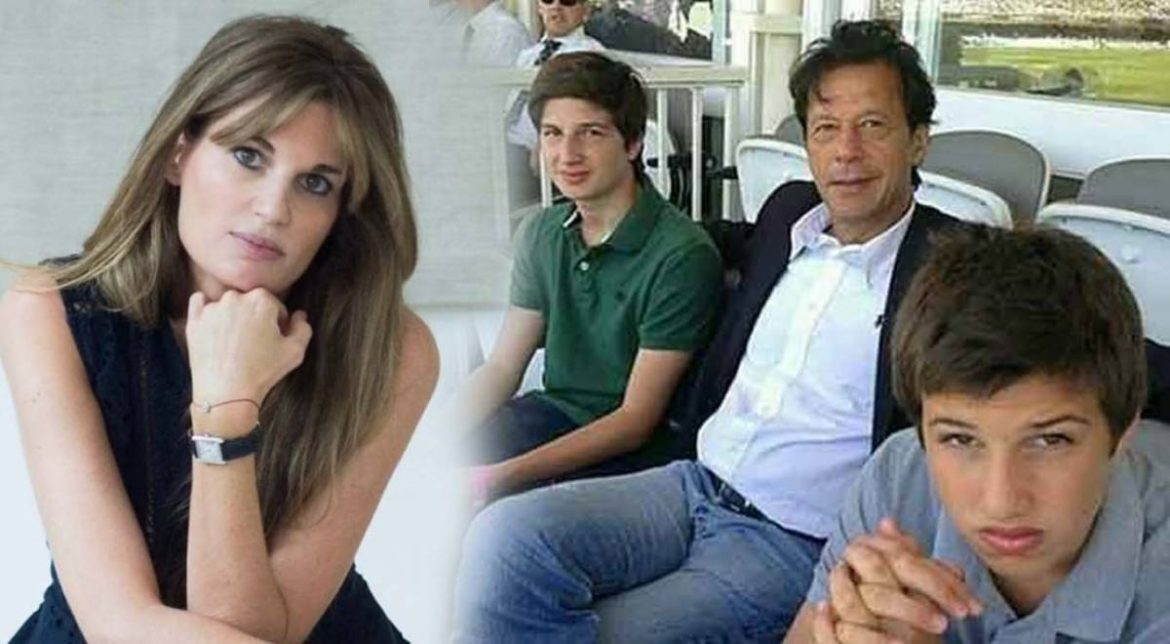London/Islamabad – Jemima Goldsmith, former wife of Pakistan Tehreek-e-Insaf (PTI) founder Imran Khan, has made serious allegations regarding her sons’ treatment. In a post on social media platform “X” (formerly Twitter), Jemima claimed that her sons are being denied any form of contact with their father and are even being threatened with imprisonment if they attempt to visit him in Pakistan.
Jemima labeled the situation as not just political vendetta but “personal revenge,” highlighting that for over two years, Imran Khan has been kept in solitary confinement and his sons are not allowed to see or speak to him—not even via phone. She further alleged that Pakistani authorities are deliberately trying to intimidate her sons to prevent any interaction with their father.
Adding to the growing concern, Qasim Khan, one of Imran Khan’s sons, also spoke out on social media. He confirmed that they are being blocked from speaking to their father, and also raised issues regarding Imran Khan’s limited access to personal medical care.
Meanwhile, PML-N senior leader Senator Irfan Siddiqui, speaking on a private TV channel, said that if Imran Khan’s sons wish to participate in political movements in Pakistan, they are welcome—as long as they operate within the legal and constitutional framework. However, he emphasized that their involvement would have no impact on Imran Khan’s release. In a sarcastic remark, he added, “The heat here will be unbearable for them, and they won’t be able to unlock the doors of his freedom.”
Additionally, government advisor Rana Sanaullah has previously warned that any foreign national who tries to create political unrest or incite chaos in Pakistan will face strict legal action.
It is worth noting that Imran Khan has been in jail for over two years, facing convictions in multiple high-profile cases including the Toshakhana and cypher cases, raising serious questions about his political and legal future. PTI leaders and supporters continue to protest what they call political victimization and denial of basic rights.















